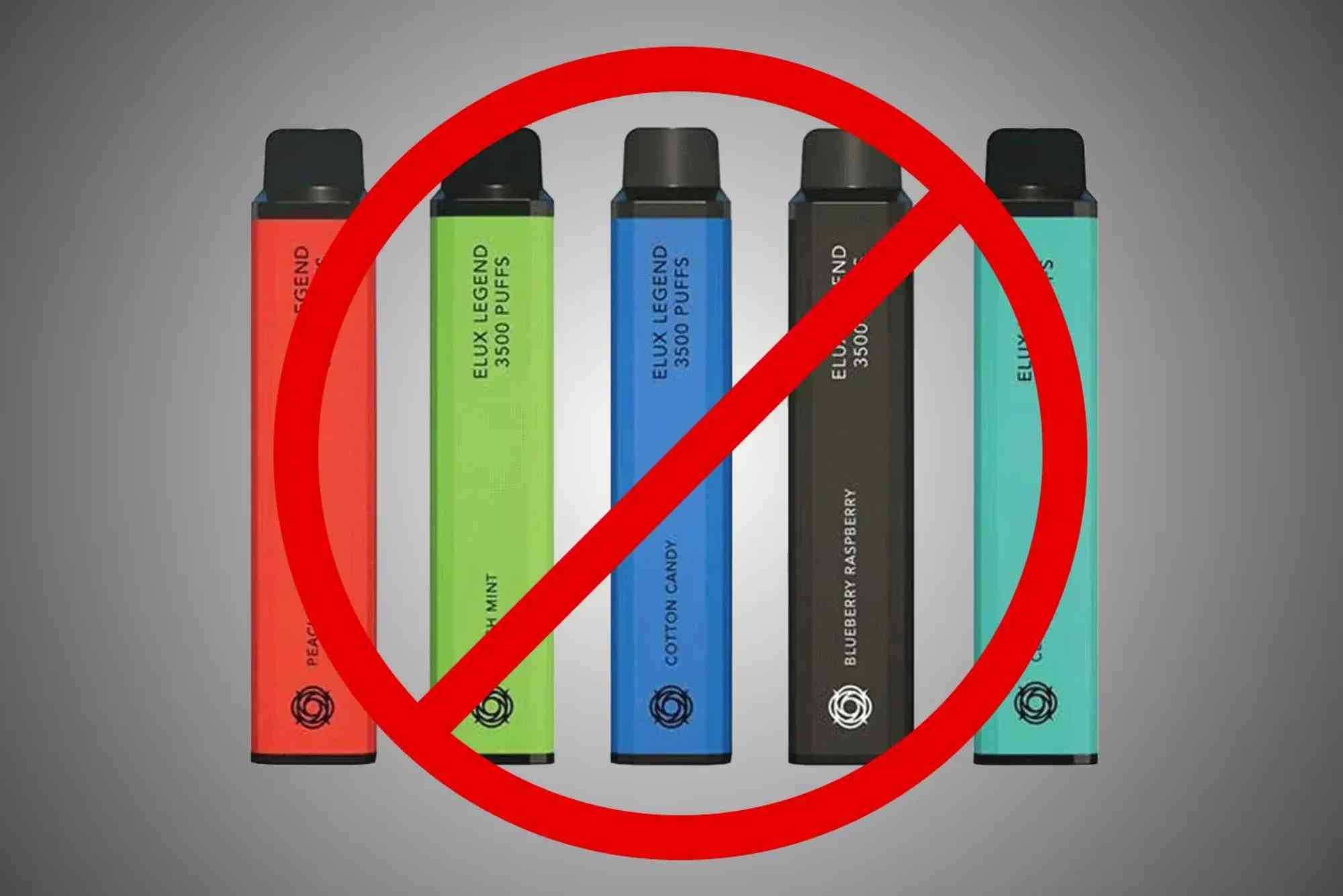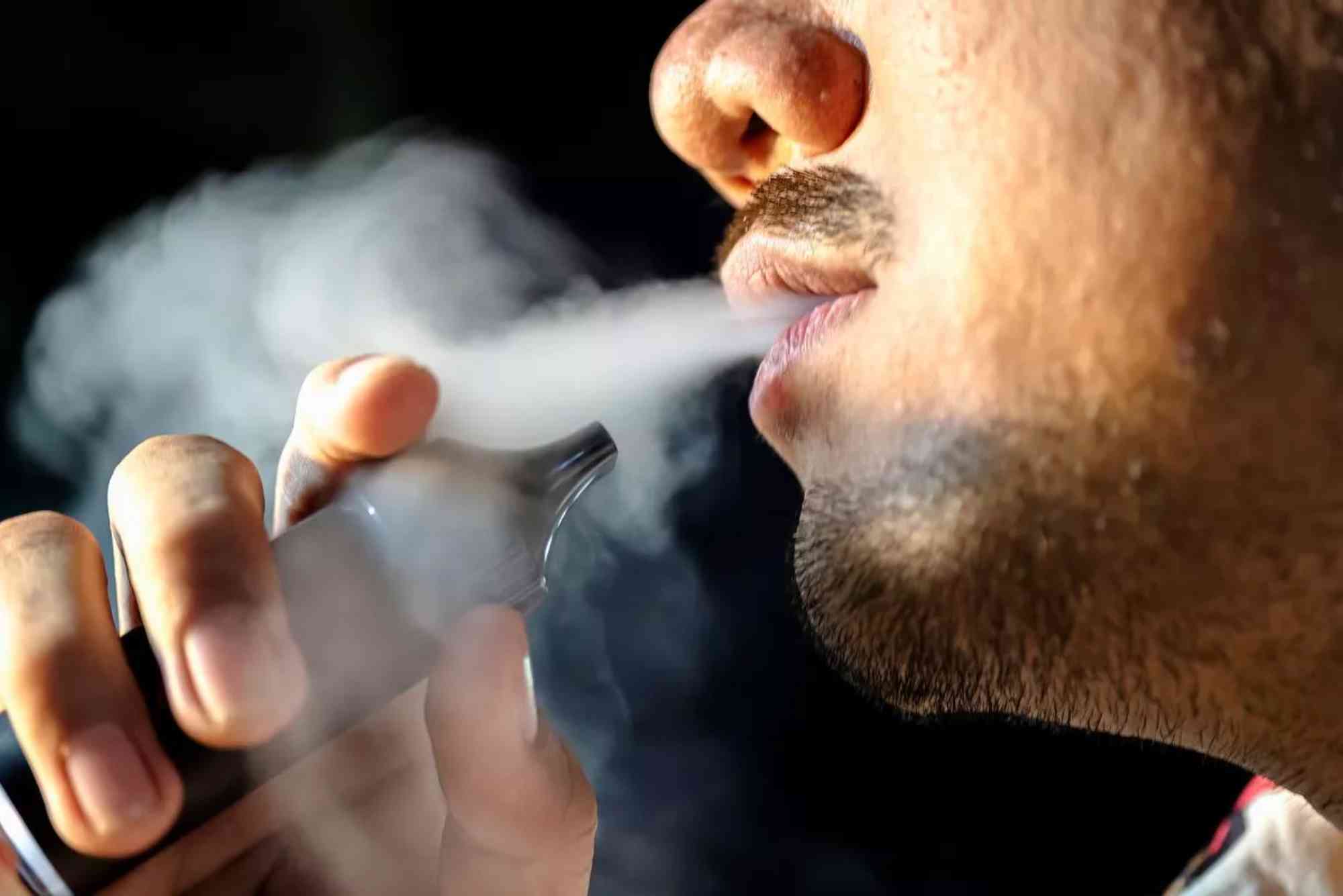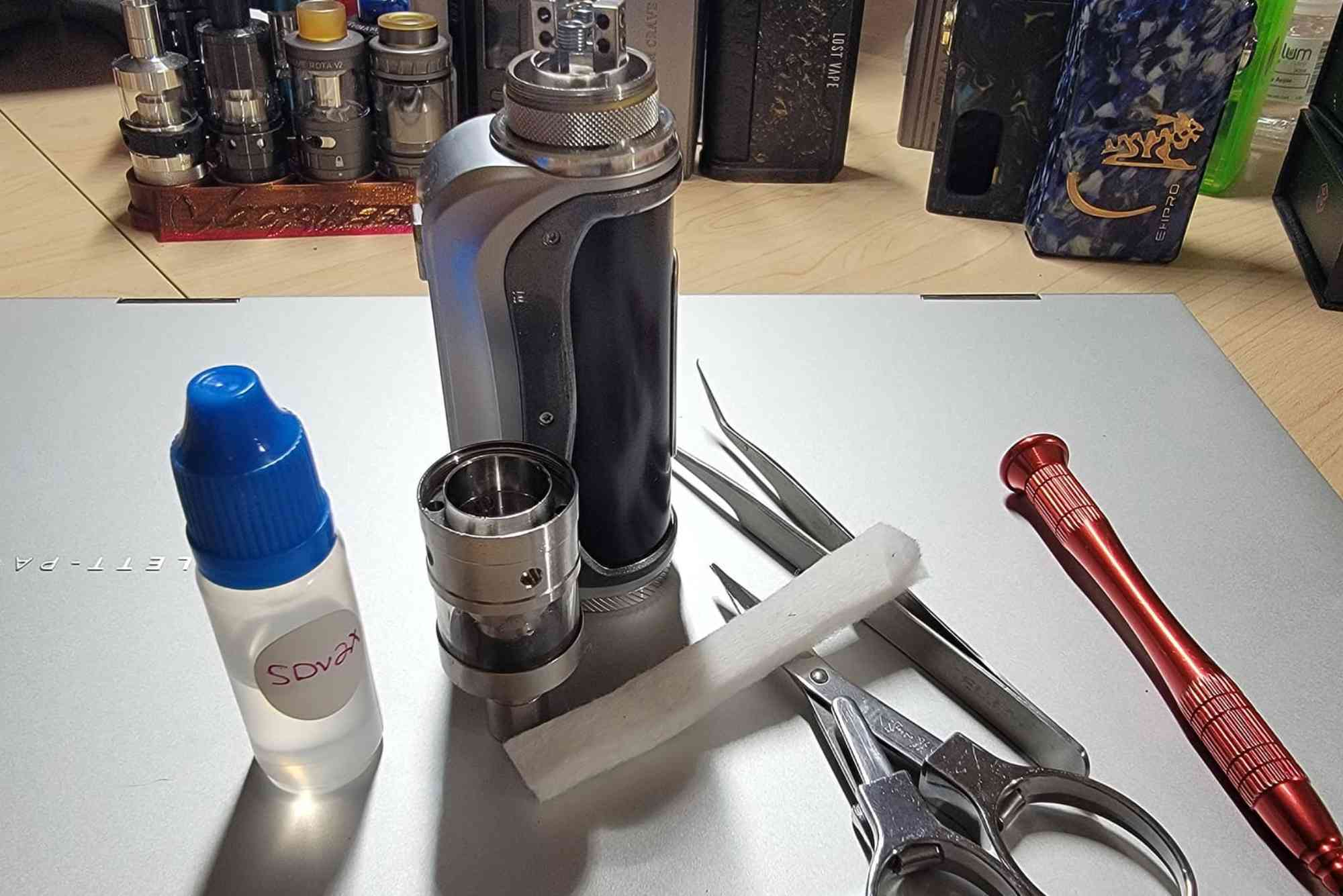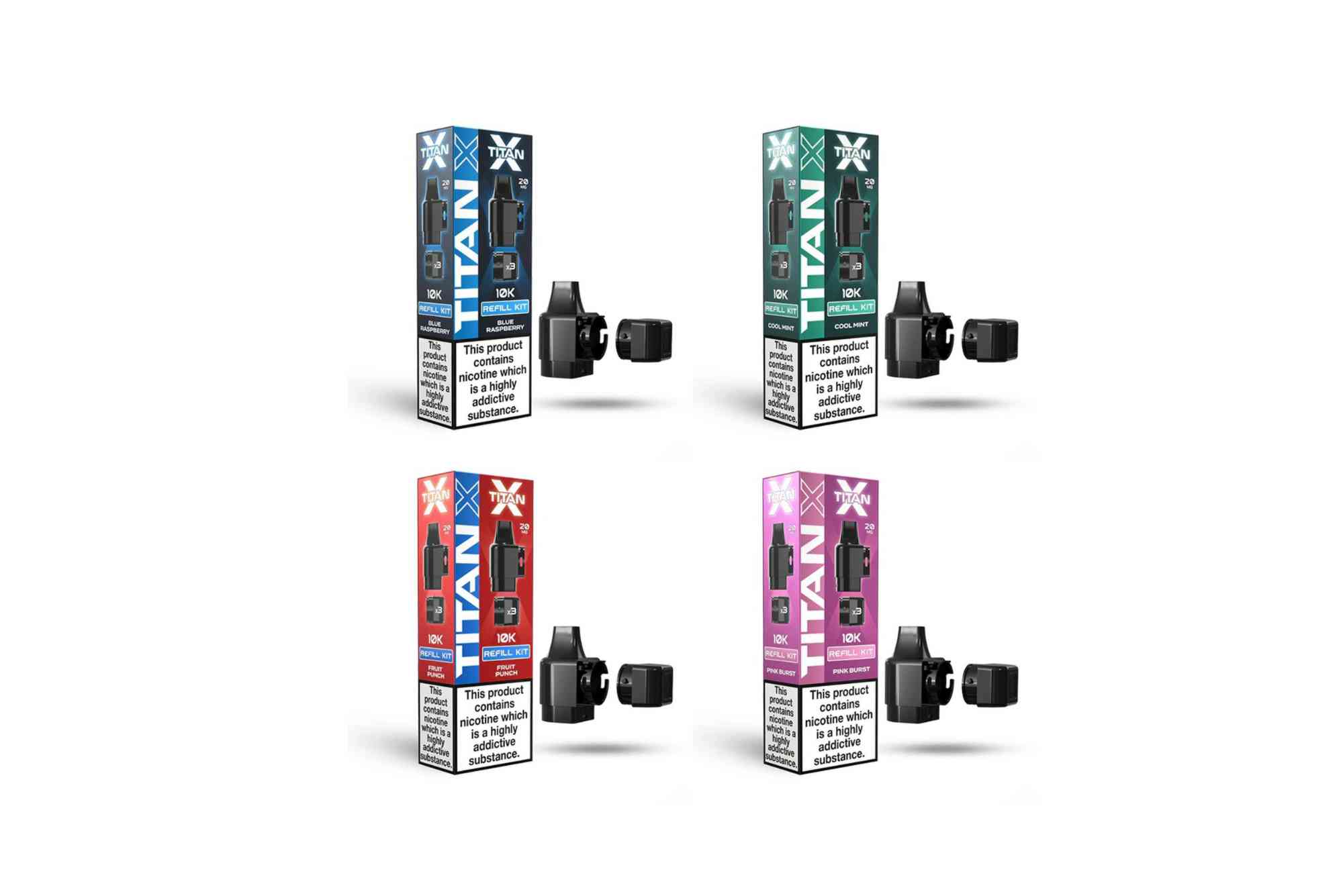What Vapers Should Know
Vaping has gained global popularity, often promoted as a safer alternative to smoking. However, in many regions, vape is illegal due to public health concerns. For vapers and those considering vaping, understanding the legal and health implications is essential. This guide explores why vaping is banned, its impact on public health, and practical advice for users.
Why Vape is Illegal in Certain Regions
Governments enforce vape bans to protect public health, particularly among youth. Here’s why:
Rising Health Concerns
Research indicates that vaping can have harmful effects on the lungs and cardiovascular system. Nicotine addiction remains a key concern, especially for teens. Some studies link vaping to respiratory illnesses, highlighting the need for regulation.
Youth Access and Addiction
Vaping products are often flavored, attracting younger users. Authorities fear early exposure to nicotine may lead to long-term addiction or transition to smoking traditional cigarettes. Restricting vape products helps curb this risk.
Regulatory Gaps
Vape products are sometimes produced without strict safety standards. Contaminated or poorly manufactured liquids can cause severe health issues, prompting governments to declare vape is illegal until proper regulation is in place.
Public Health Implications of Vaping
Even when legal, vaping carries public health concerns. Understanding these effects can guide safer decision-making.
Respiratory and Cardiovascular Risks
Vaping involves inhaling aerosolized chemicals, which can irritate the lungs. Long-term use may increase the risk of asthma, chronic bronchitis, or heart disease.
Impact on Non-Smokers
Second-hand exposure is a concern in public spaces. Aerosol particles may contain nicotine and other chemicals, potentially affecting bystanders, particularly children and pregnant women.
Mental Health Considerations
Nicotine dependence can influence mood and anxiety levels. Users may experience withdrawal symptoms, stress, or difficulty concentrating when attempting to quit.
What Vapers Should Know About Legal Risks
Understanding the legal landscape is critical for staying safe and avoiding fines or criminal charges.
Penalties for Possession and Sale
In regions where vape is illegal, possessing, purchasing, or selling e-cigarettes can result in fines, confiscation, or even jail time. Laws vary, so checking local regulations is essential.
Travel and Import Restrictions
Travelers should note that vaping products may be banned in certain countries. Importing vape liquids or devices can result in seizure or legal action. Awareness prevents unnecessary legal trouble.
Workplace and Public Restrictions
Even where vaping is legal, many workplaces and public spaces prohibit it. Violating these rules can lead to employment consequences or fines.
Safer Practices for Vapers
While legality is important, health-conscious habits reduce risks.
Choose Reputable Products
Always buy devices and liquids from licensed vendors. Avoid counterfeit or unregulated products that may contain harmful additives.
Limit Nicotine Intake
Lower nicotine levels reduce addiction risk and minimize cardiovascular strain. Users should gradually reduce consumption when possible.
Maintain Device Hygiene
Clean devices regularly to prevent bacterial growth and ensure proper functioning. Replace coils and tanks as recommended by the manufacturer.
Seek Support for Quitting
If considering quitting, resources such as counseling or nicotine replacement therapy can provide structured support. Health professionals can advise safe cessation methods.
Frequently Asked Questions
Is vaping completely safe?
No, vaping is not risk-free. It contains nicotine and chemicals that may harm the lungs, heart, and overall health.
Why is vape illegal in some countries?
Governments ban vape due to public health risks, youth access concerns, and lack of product regulation.
Can I get fined for vaping in public?
Yes, in areas where vape is illegal or restricted, using or possessing vape in public can result in fines or other penalties.
Are flavored vape products more dangerous?
Flavored vapes attract younger users and sometimes contain additional chemicals, increasing potential health risks.
How can I quit vaping safely?
Gradual reduction of nicotine, professional counseling, and approved cessation products can help users quit effectively.
Understanding that vape is illegal in certain regions is crucial for public health and personal safety. Beyond legal implications, vaping carries notable health risks. Vapers must stay informed, follow regulations, and adopt safer habits to protect themselves and those around them.
If you vape, educate yourself about local laws and prioritize health-conscious practices. Taking proactive steps today ensures a safer tomorrow.




